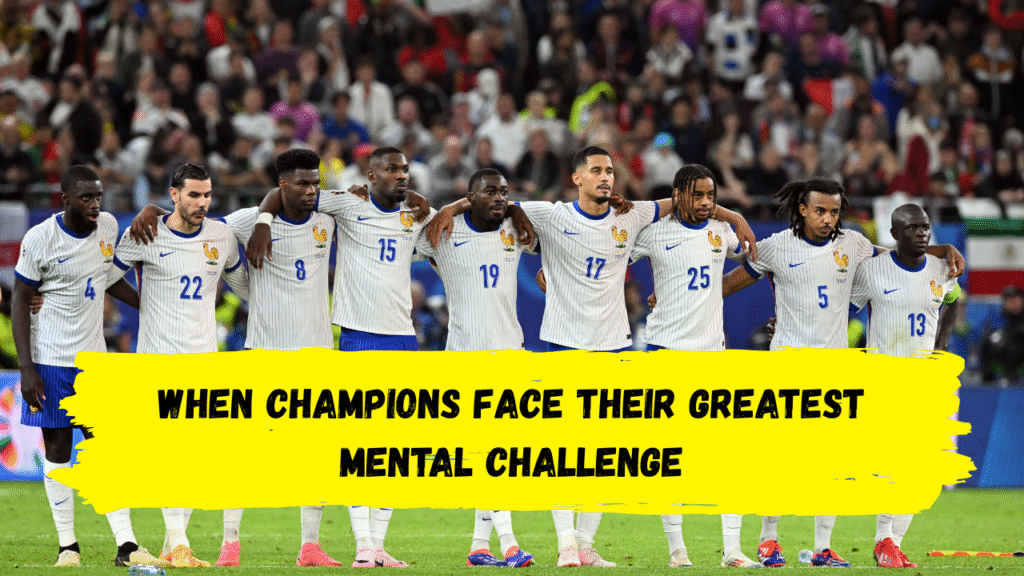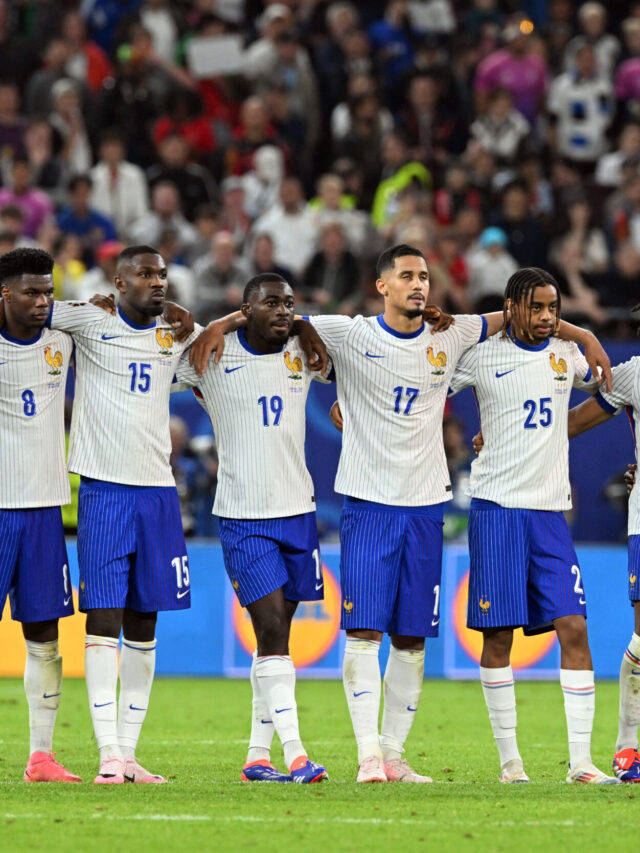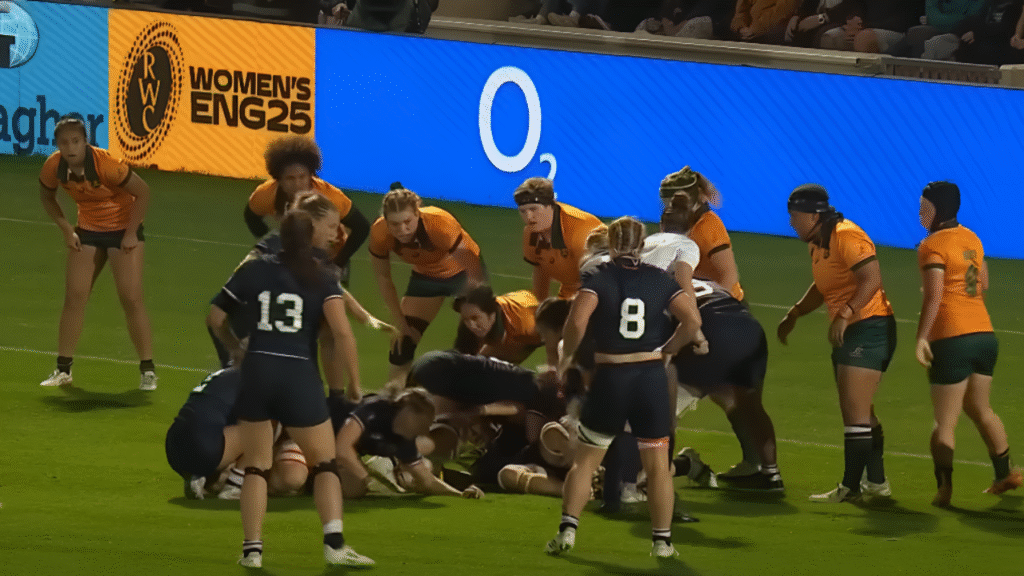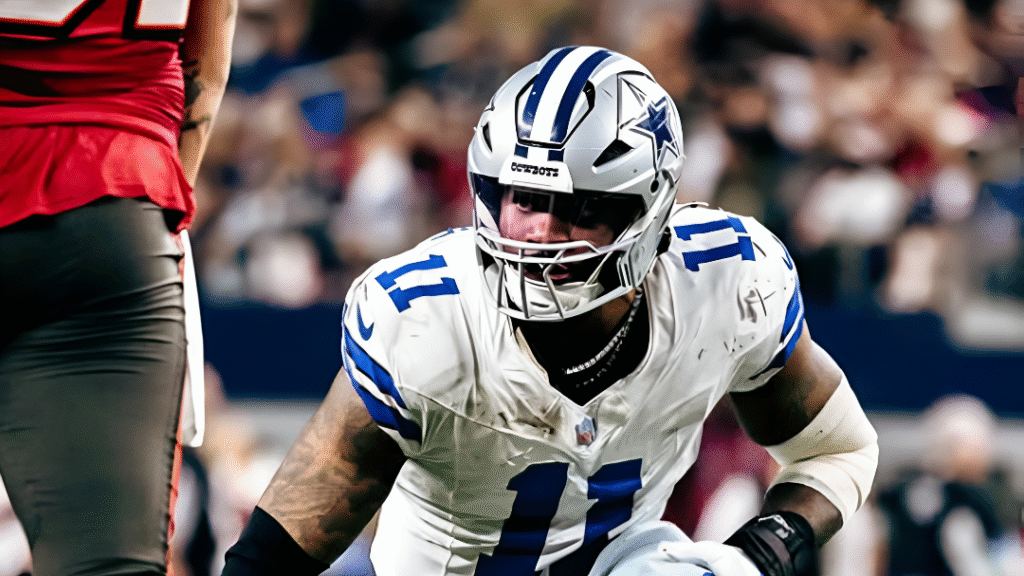Penalty shootout soccer psychology reveals the mental battles players face in crucial moments. Discover how elite athletes cope with pressure and uncertainty in decisive matches.
Penalty shootout soccer psychology represents one of the most fascinating and nerve-wracking aspects of modern football. When Martín Bravo recently reflected on his team’s penalty shootout defeat, stating “penalties are a lottery, today we lose,” he captured the complex emotional and psychological dynamics that define these decisive moments in soccer.
The mental aspect of penalty kicks extends far beyond the technical execution of placing a ball into the net. Professional players understand that penalty shootout scenarios create unique psychological pressures that can overwhelm even the most experienced athletes. This psychological challenge transforms what appears to be a simple football skill into a complex mental battlefield where confidence, pressure, and split-second decision-making determine victory or defeat.
The Mental Lottery: Understanding Penalty Shootout Soccer Psychology
Professional footballers often describe penalty shootouts as lottery situations because the psychological factors involved can override technical ability and experience. The penalty shootout soccer psychology encompasses multiple mental elements that influence performance under extreme pressure.
When players step up to take a penalty kick in a shootout, they face intense psychological pressure from thousands of spectators, television cameras, and the knowledge that their action could determine their team’s fate. This pressure creates physiological responses including increased heart rate, muscle tension, and altered breathing patterns that directly impact shooting accuracy and decision-making abilities.
The psychological burden intensifies because penalty shootouts typically occur after emotionally and physically demanding matches. Players must transition from the flowing, dynamic nature of regular gameplay to the isolated, one-on-one confrontation of penalty kicks. This transition requires significant mental adjustment and emotional regulation skills.
Breaking Down the Pressure Elements
Penalty shootout soccer psychology involves multiple pressure sources that compound to create overwhelming mental challenges. The first pressure element comes from personal responsibility – each player knows that their individual performance directly impacts team success or failure. Unlike regular gameplay where mistakes can be covered by teammates, penalty kicks offer no hiding place for individual failures.
Time pressure also plays a crucial role in penalty shootout scenarios. Players typically have limited time to prepare mentally for their kick, and the sequential nature of shootouts means watching teammates succeed or fail before taking their own attempt. This creates additional psychological stress as players must maintain focus while processing emotional reactions to previous kicks.
The crowd factor significantly impacts penalty shootout soccer psychology. Home crowds can provide support for their team while creating hostile environments for visiting players. The noise levels and emotional intensity from spectators add another layer of psychological complexity to an already challenging situation.
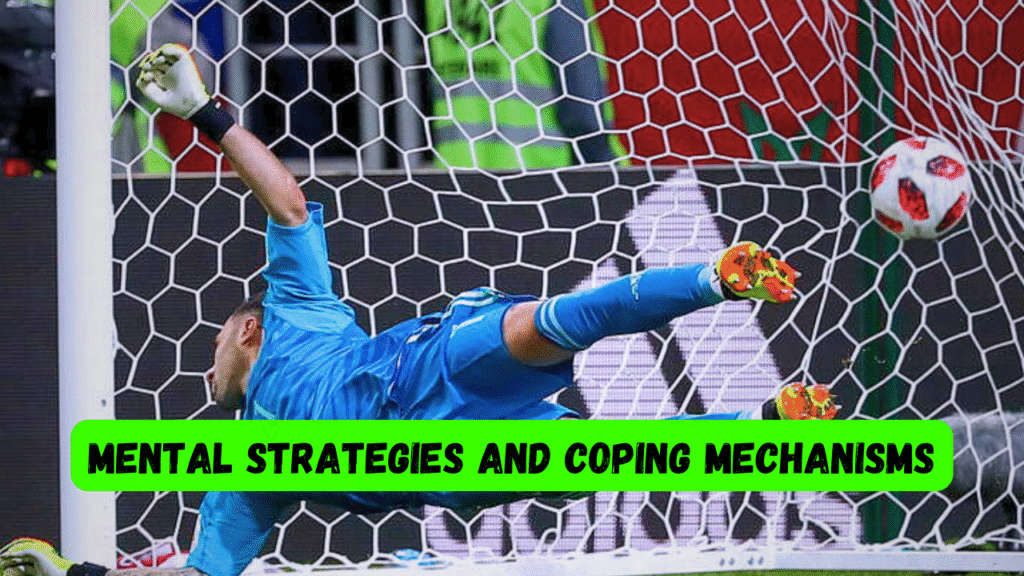
Mental Strategies and Coping Mechanisms
Elite players develop specific mental strategies to manage penalty shootout soccer psychology challenges. Visualization techniques help players mentally rehearse successful penalty kicks, creating positive neural pathways that can be accessed under pressure. Many professional players spend considerable practice time visualizing themselves successfully converting penalties in high-pressure situations.
Breathing control represents another crucial element in penalty shootout preparation. Deep, controlled breathing helps regulate heart rate and maintain muscle relaxation necessary for accurate shooting. Players often establish pre-kick routines that include specific breathing patterns to maintain psychological equilibrium.
Focus techniques involve narrowing attention to controllable elements while filtering out distracting factors. Successful penalty takers learn to focus on their target area and shooting technique rather than external pressures like crowd noise or opponent behaviors.
Also Read: Latest Trending News
The Role of Experience and Preparation
Penalty shootout soccer psychology research indicates that experience plays a significant role in managing pressure situations. Players who have participated in multiple shootouts develop better emotional regulation skills and more effective coping strategies. However, experience doesn’t guarantee success, as even veteran players can struggle with penalty pressure.
Team preparation for penalty situations involves psychological training alongside technical practice. Many professional teams work with sports psychologists to develop mental resilience and pressure management techniques specifically for penalty scenarios. This preparation includes simulated high-pressure situations and mental skill development exercises.
The importance of penalty shootout soccer psychology extends beyond individual performance to team dynamics. Teams that maintain positive collective psychology during shootouts often perform better than those where negative emotions and pressure cascade through the group.
Learning from Professional Insights
Martín Bravo’s honest assessment of penalty shootouts as lottery situations reflects the reality that even perfectly struck penalties can be saved, while poorly hit shots sometimes find the net. This unpredictability adds to the psychological challenge because players cannot guarantee success regardless of their preparation and skill level.
Professional players often emphasize the importance of accepting uncertainty in penalty situations while maintaining confidence in their abilities. This balanced mindset allows players to perform without being paralyzed by fear of failure or overconfident in their chances of success.
The penalty shootout soccer psychology also involves managing disappointment and resilience. Teams and individual players must develop strategies for coping with penalty failures while maintaining mental strength for future challenges.
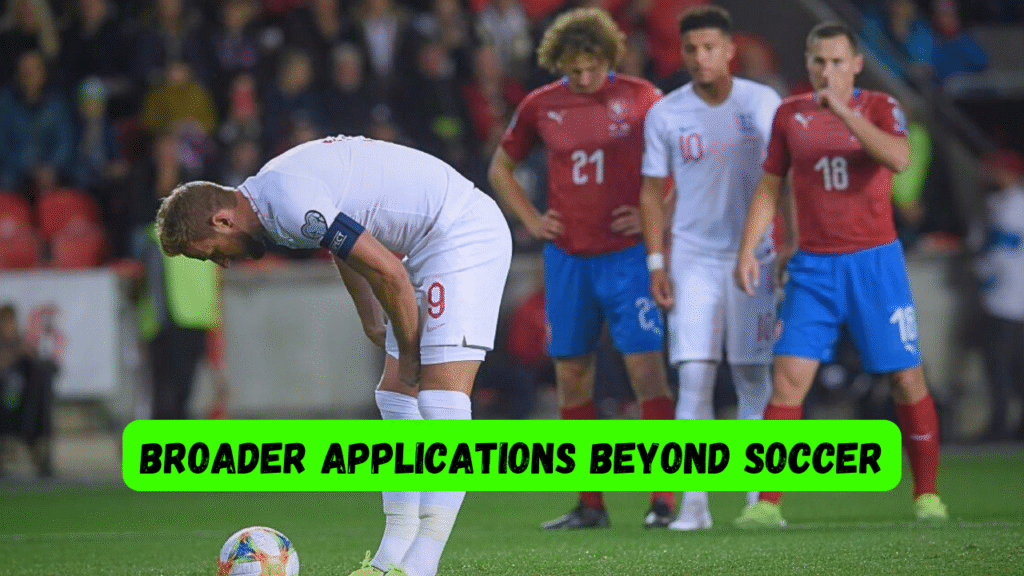
Broader Applications Beyond Soccer
The psychological principles involved in penalty shootout soccer psychology extend to other high-pressure sports situations and even non-sporting contexts. Athletes in various sports face similar pressure scenarios where individual performance under scrutiny determines outcomes.
Basketball free throws in crucial moments, tennis tiebreakers, and golf putts all involve similar psychological dynamics to penalty kicks. Understanding penalty shootout soccer psychology can provide insights applicable to these other pressure situations.
The WNBA showcases similar pressure situations where individual players must perform under intense scrutiny, demonstrating that penalty shootout soccer psychology principles apply across different sports and competitive contexts.
Building Mental Resilience
Developing effective penalty shootout soccer psychology requires long-term mental training rather than quick fixes. Players must build confidence through consistent practice while developing emotional regulation skills that function under extreme pressure. This process involves working with mental performance specialists and implementing structured psychological training programs.
Successful penalty takers often share common psychological characteristics including high self-confidence, effective stress management abilities, and strong focus skills. These traits can be developed through dedicated mental training and experience in pressure situations.
The future of penalty shootout soccer psychology continues evolving as sports science provides deeper insights into mental performance under pressure. Modern technology allows for more sophisticated analysis of psychological factors affecting penalty performance, leading to more targeted and effective training approaches.
Understanding penalty shootout soccer psychology helps explain why talented players sometimes struggle in these crucial moments while others thrive. The mental game often proves as important as technical ability in determining penalty success, making psychological preparation an essential component of professional soccer training.
